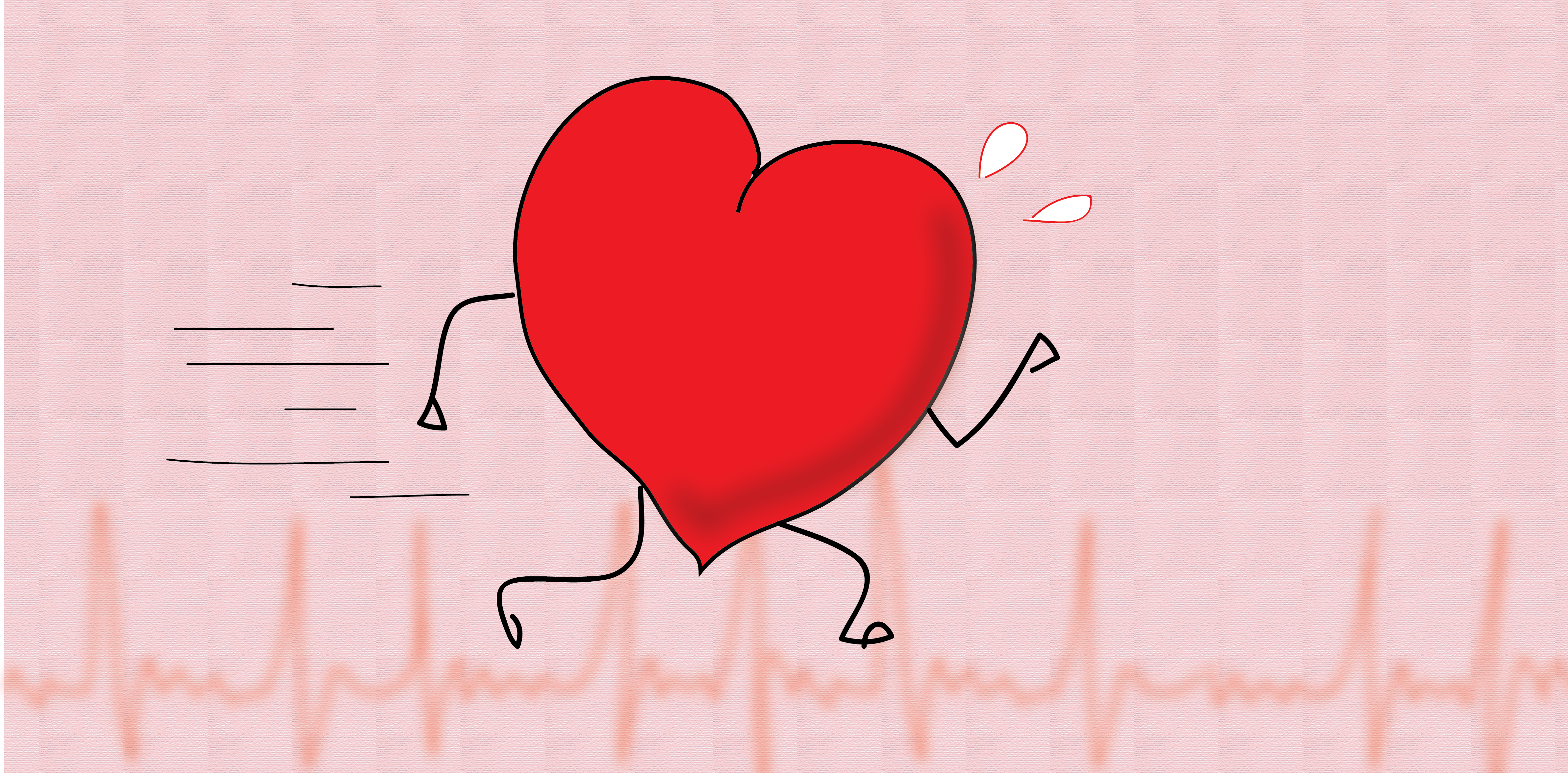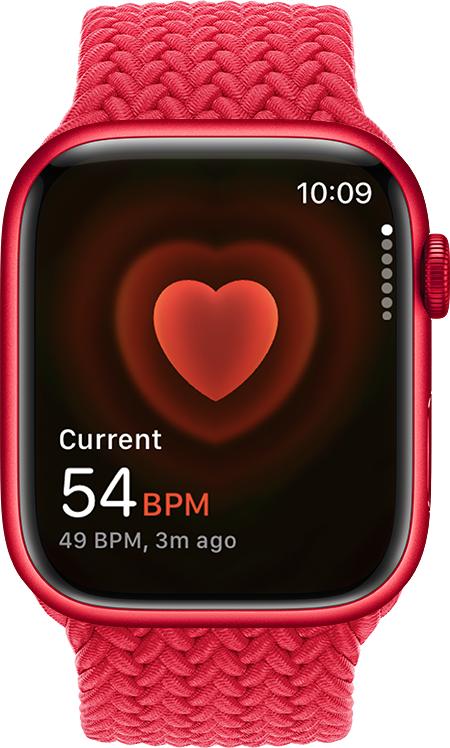What's a normal heart rate? Learn what your BPM means for your health
5 (98) · $ 8.50 · In stock
A normal resting heart rate ranges from 60 to 100 beats per minute. Learn how to measure and lower heart rate as well as what factors can affect your heart rate.
Most people don’t think twice about what their heart rate is unless they’re experiencing distress or symptoms of a heart problem. However, it’s important to know what a normal heart rate should be, even if you don’t have heart problems. For adults older than 18 years of age, a normal resting heart rate should be between 60 and 100 beats per minute (bpm). Children ages 6 through 15 years should have a heart rate between 70 and 100 bpm. Let’s take a look at what these numbers mean, how to measure your heart rate, and what factors might cause your heart rate to go up or down.

The speed of your resting heart rate could determine whether you will die in the next 20 years, The Independent
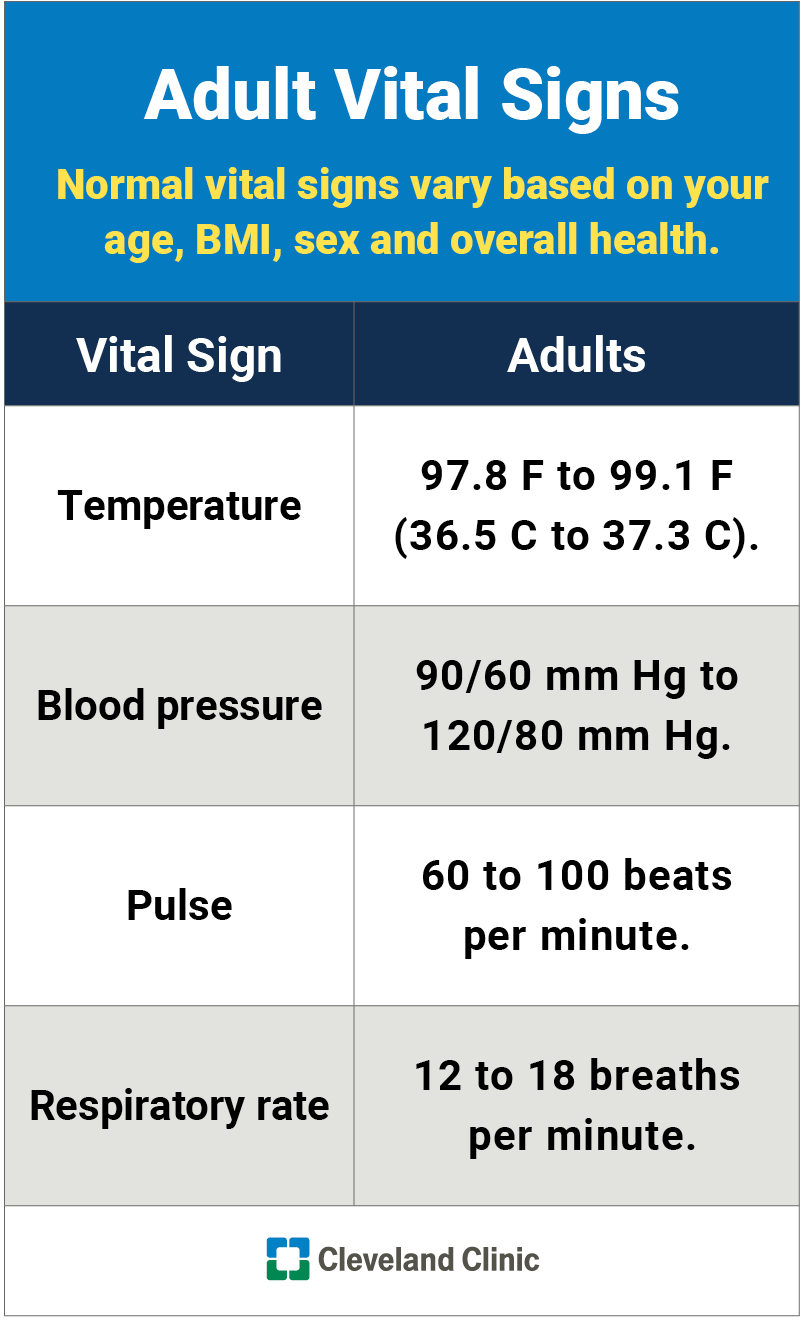
Vital Signs
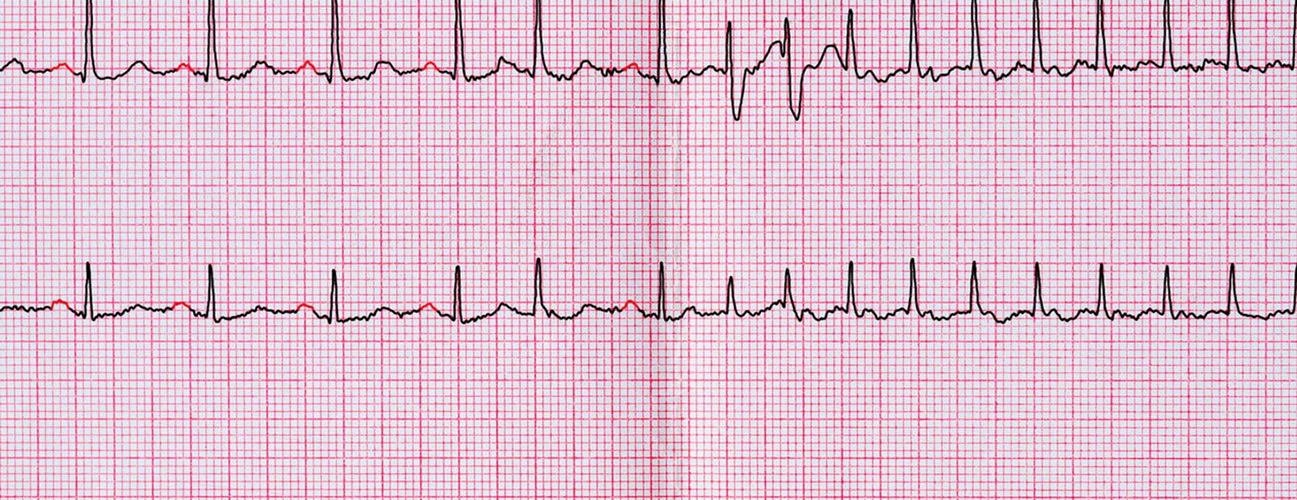
Heart Rhythms: What's Normal Versus Cause for Concern?
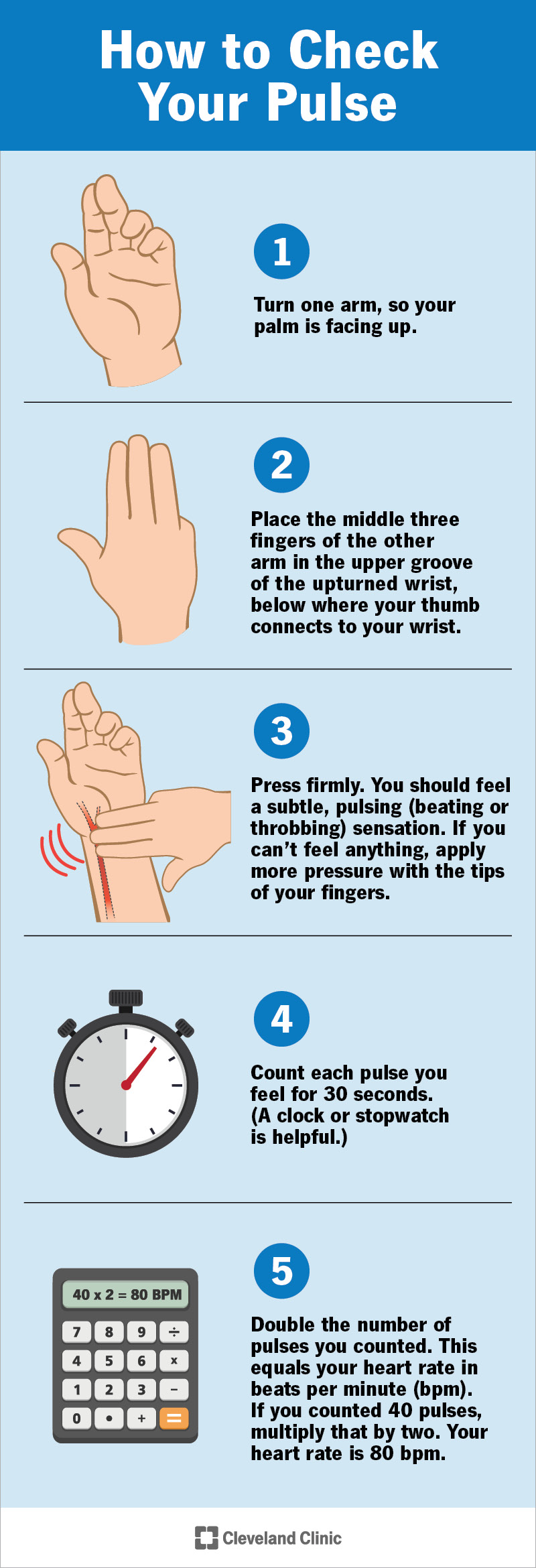
Pulse: What It Is and How To Check
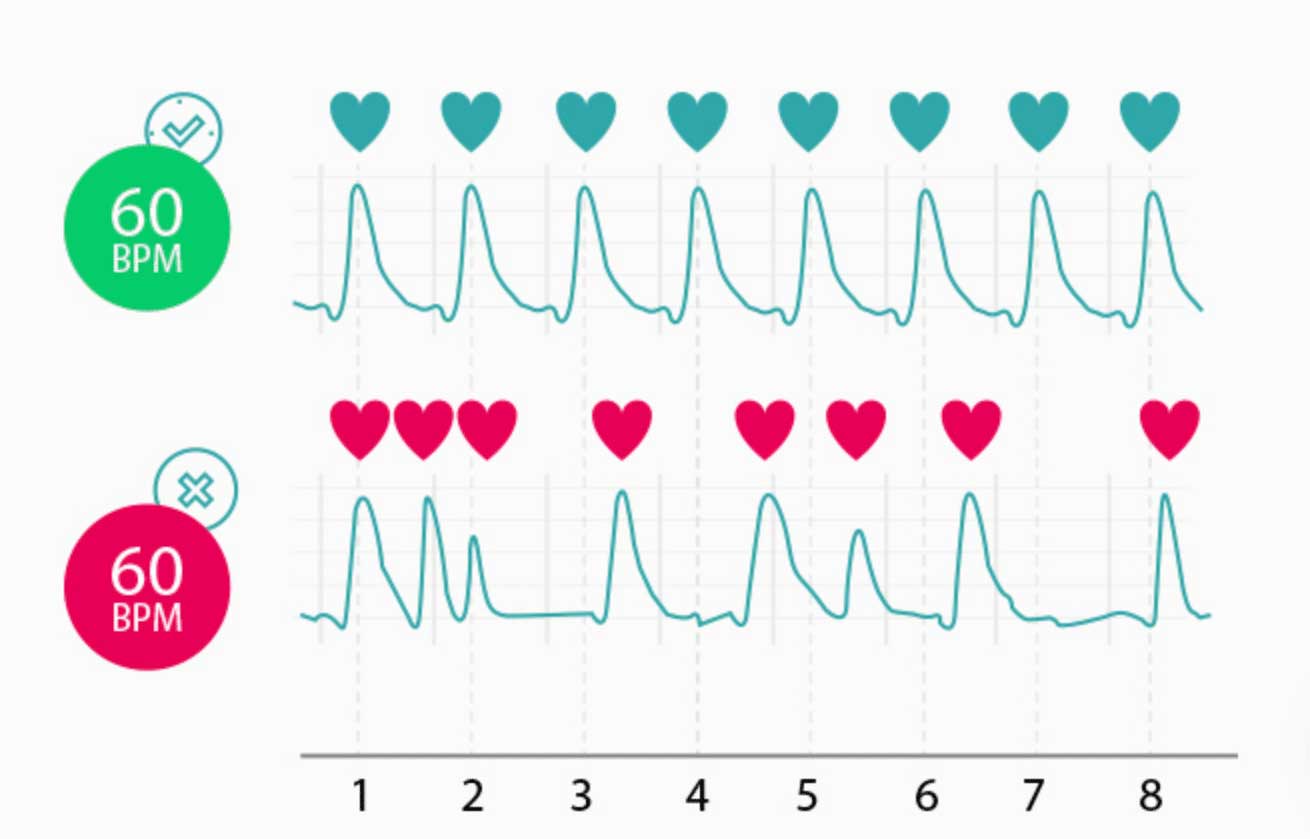
Heart rate versus heart rhythm

Resting heart rate: No such thing as 'normal

Heart Rate Recovery: Why It's Important & How to Track It, by Harish Kilaru
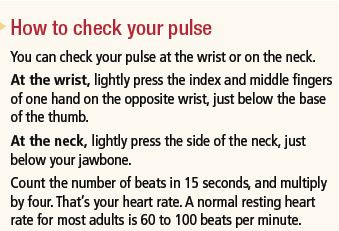
How's your heart rate and why it matters? - Harvard Health

What's a normal heart rate? Learn what your BPM means for your health
:max_bytes(150000):strip_icc()/Health-How-To-Check-Your-Heart-Rate-67f1e3c1f4a9494d9b165b8d34d0144e.jpg)
Average Heart Rate: What It Should Be and How to Measure It

Resting heart rate – definition, impacting factors & how to check it
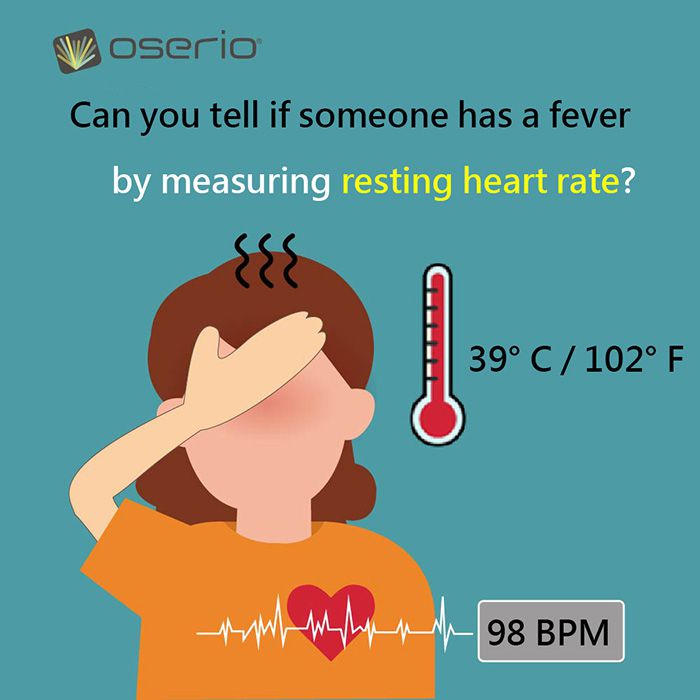
Understanding the Impact of Resting Heart Rate on Health and Longevity








